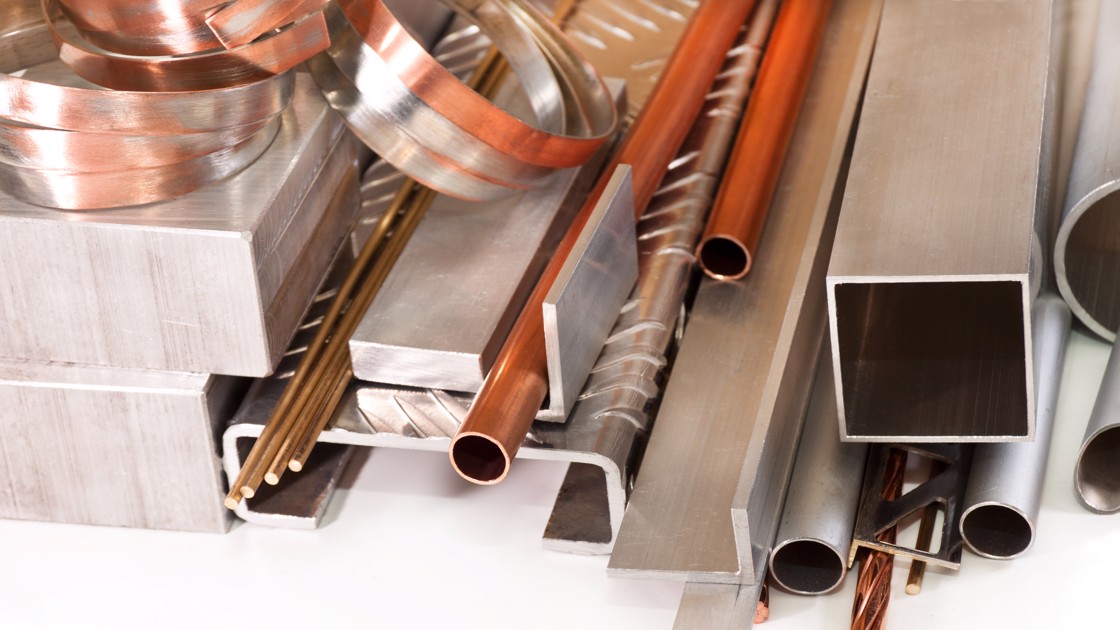We want our highly-skilled workers to produce the much needed non-ferrous metals here in Europe in the greenest way possible.
Today, industriAll Europe releases the demands of workers in the European non-ferrous metals sector and requests that these are implemented to safeguard jobs in Europe. Workers call on the EU, national governments and companies to take urgent action in relation to raw materials, energy policy, trade and competition, sustainability, social standards and workers’ rights in order to ensure that the European industry can survive in a tough global market.
The non-ferrous metals sector provides 500,000 direct jobs and 3 million indirect jobs in the EU, with thousands more across wider Europe. The industry plays a key role in European industrial value chains and is crucial in meeting Europe’s climate goals as these metals are essential in producing batteries, renewable energy, and clean mobility.
With an increase in demand expected to go hand in hand with an increase in Europe’s climate ambitions, there is a real opportunity to increase production and create more jobs in Europe. However, the sector is under increased pressure due to unbalanced international competition, unfair state aid such as subsides, difficulties in accessing indispensable raw materials, high energy prices, and ambitious decarbonisation goals which are not implemented globally.
Judith Kirton-Darling, Deputy General Secretary for industriAll Europe said:
‘’The non-ferrous metals sector is essential in helping Europe meet its climate goals. This should be good news for workers in Europe. But we are continuing to face unfair international competition and this is bad news for the sector in Europe, and of course its workers. We want our highly-skilled workers to produce the much needed non-ferrous metals here in Europe in the greenest way possible. Importing these materials from outside the EU isn’t the answer and we need action to keep the European sector competitive and our workers in work.’’
The joint trade union demands range from increasing the domestic production of raw materials, to funding CO2 saving projects, to tackling global overcapacity. They cover the production from start to finish.
Judith Kirton-Darling added:
‘’European workers in the non-ferrous metals sector are essential to Europe’s industrial policy. Both in meeting Europe’s green ambitions and improving the circular economy. The sector in Europe is at risk and we oppose production moving to lower cost countries where environmental and social standards are lower. European trade unions call for urgent action to level the global playing field so that Europe can produce high-quality green products, while safeguarding current jobs and creating more high-quality jobs in the future.’’
European Non-Ferrous Metals: level the global playing field to safeguard European jobs EN, FR, DE
Contact: Andrea Husen-Bradley (press and communication), Elspeth Hathaway (policy adviser)
